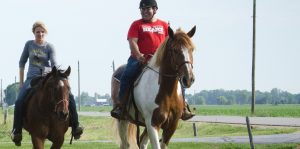
In our current political climate, it is hard hitting upon an issue that elicits agreement from both the left and the right. Political debate in the United States has taken a dark turn. One of the few that yields a common ground in American political discourse is our veterans’ dismal treatment. The consensus view from both sides of the political spectrum is that we need to do more for those returning home with PTSD and other battle-related injuries. America’s grueling campaigns in Iraq and Afghanistan have had life-altering consequences on large swathes of our population.
Nearly twenty veterans take their lives every day. In addition, battle trauma has led to widespread alcohol and drug abuse among veterans. Members of the military embody the ideals of obligation, duty, service, and respect. It is shameful that our government does not fully commit itself to the long-term mental health treatment and social readjustment of our returning troops.
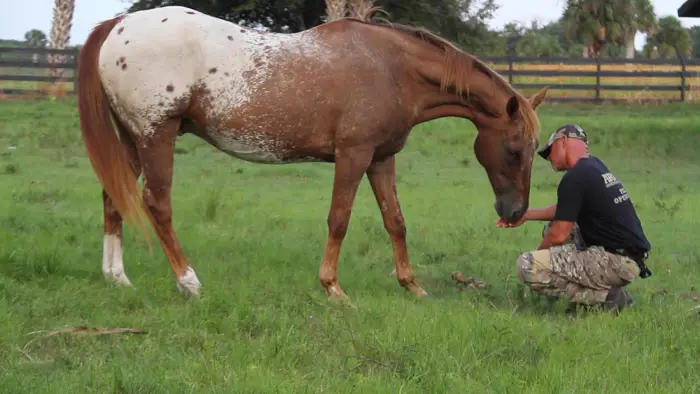
“…chronicles the lives of veterans participating in equine therapy.”
Director David Glossberg’s Mustang Saviors chronicles the lives of veterans participating in equine therapy. Specifically, the Illinois program Bravehearts that matches veterans with wild mustangs is the focus. As one veteran puts it, in warfare the “body gets conditioned to live on high alert.” Constant alertness may be necessary for a combat zone, but civilian life requires different adaptations. In addition, the traumas of combat leave traces in the psyche that recur when veterans engage in mundane civilian activities. Caring for wild mustangs, horsemanship, and riding seem to be great vessels through which veterans can channel their emotions.
Wild mustangs are herd animals. As more and more swathes of land came into private hands, and these wild mustangs started encroaching into both public areas and privately owned grazing grasslands, the U.S. government was compelled to trap these mustangs and resettle them. The resettled mustangs carry the trauma of being separated from their herd. The Bravehearts program creates a symbiotic therapeutic relationship wherein veterans provide therapy for the mustangs, and the mustangs offer the same for veterans. When training these wild mustangs, veterans must learn to monitor their anxiety so as to not transmit it to the traumatized animals. Veterans begin to understand the nature of their stress and how to track it. This is a crucial step on the path toward adjustment to civilian life.
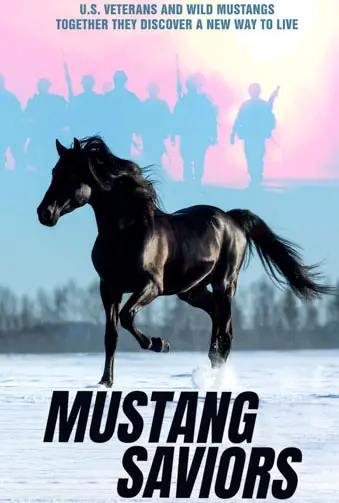
"…we need to do more for those returning home with PTSD..."
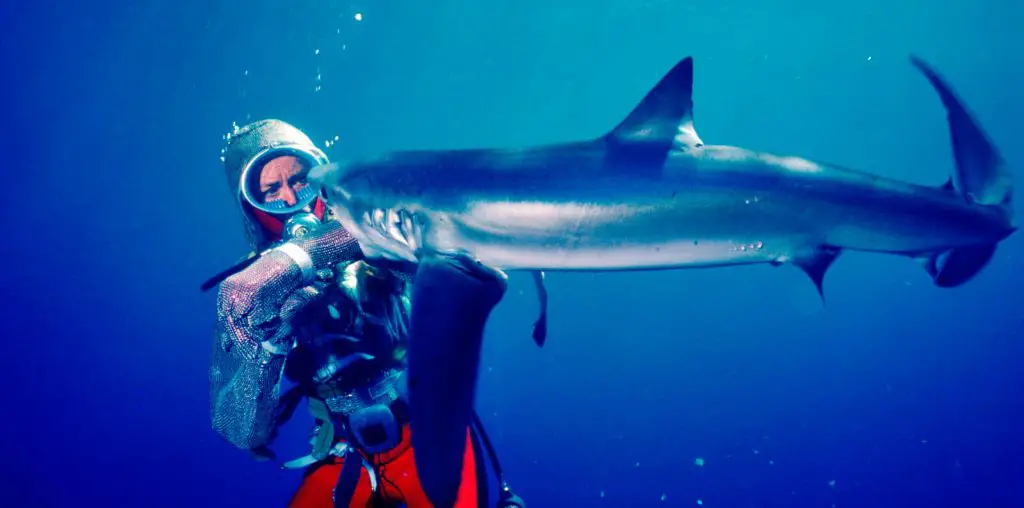
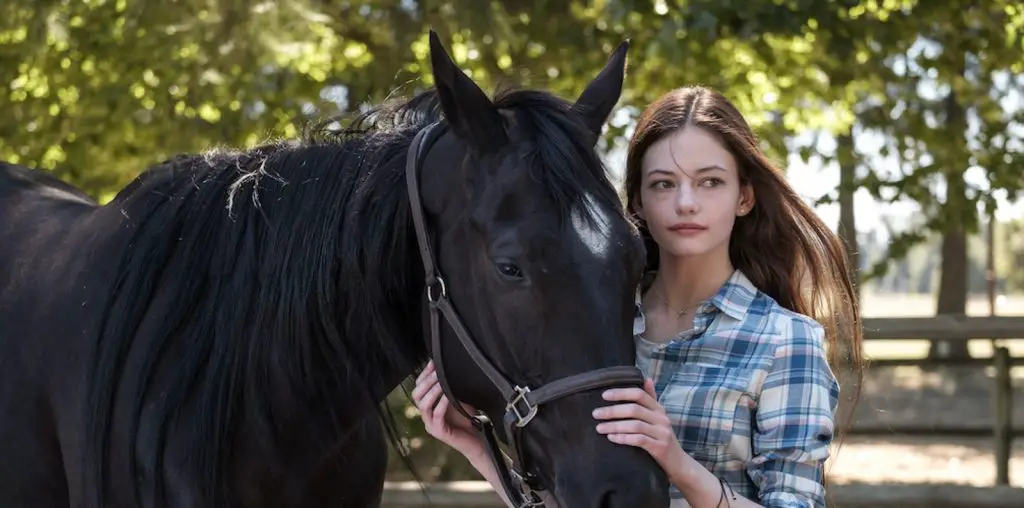
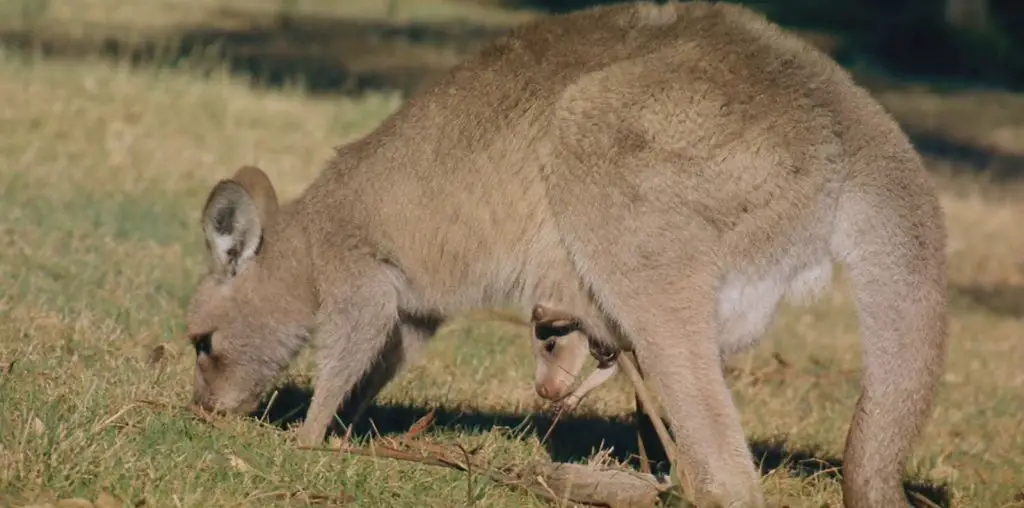
I’m Jennifer McDonald. You could not be more correct